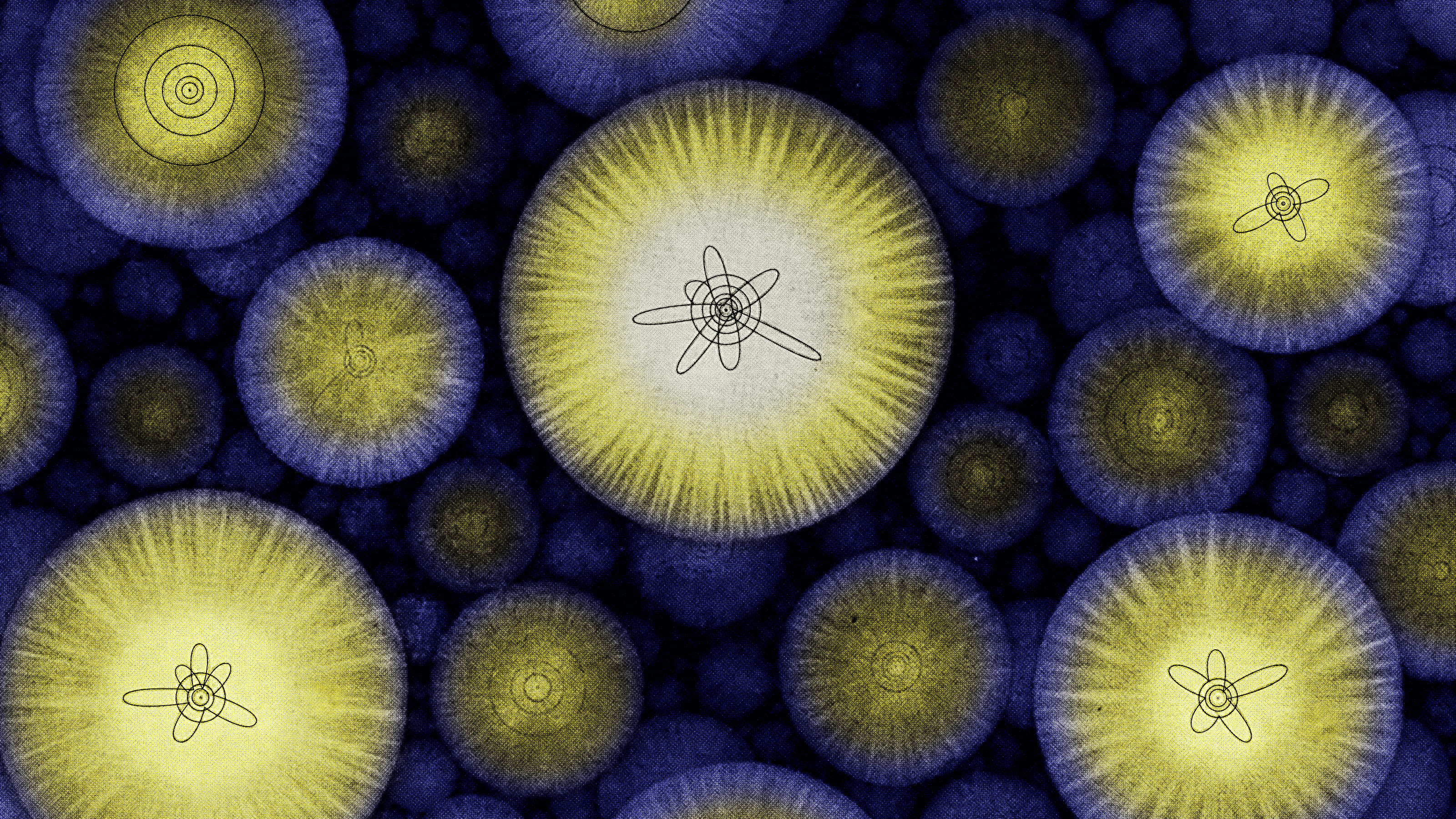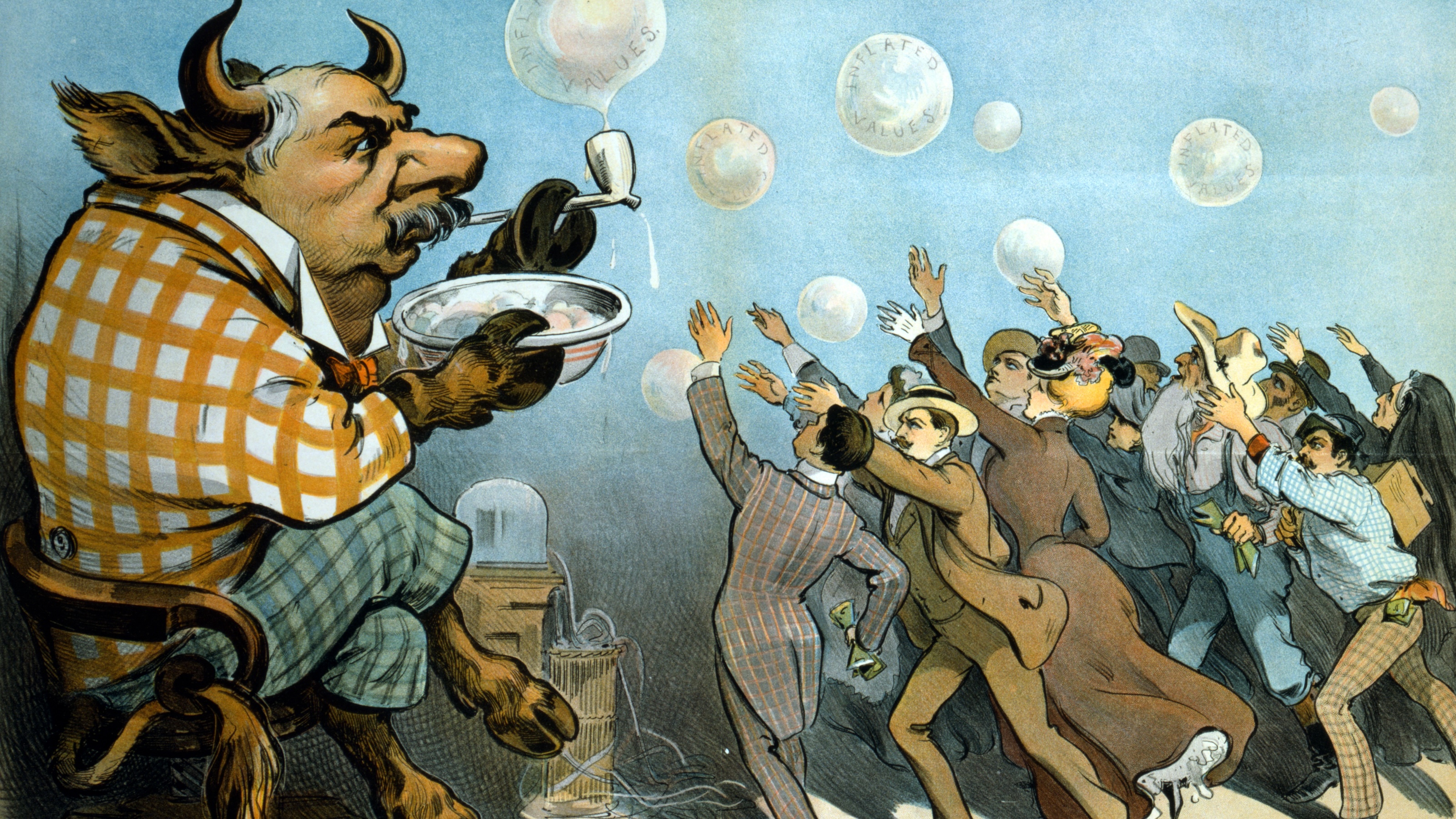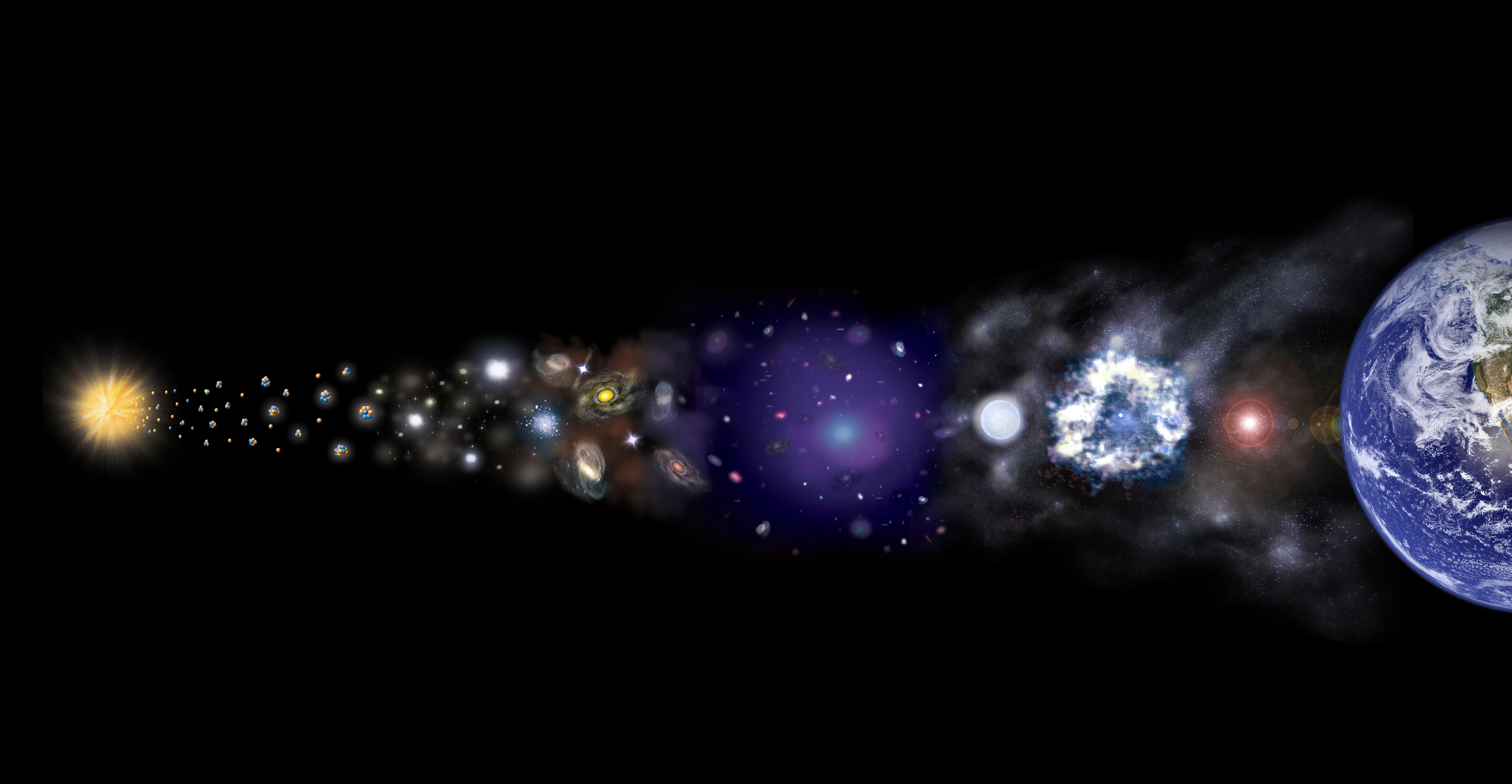Humans used to hunt and gather. Now, we have 9-to-5 jobs. Anthropologist James Suzman joins us to talk about the historical roots of our desk jobs and how they all connect back to the agricultural revolution.
The definition of work is ever-evolving, with each new era posing unique challenges. In this interview, Suzman explains how each era has actively contributed to humanity and how we can use this knowledge to help us prepare for (and even reconsider) our future.
JAMES SUZMAN: Nobody actually knows why our hunter-gatherer ancestors made the sudden transition to agriculture. It's one of the great mysteries of human history. Hunter-gatherer economies always focused on the here and now. People did not spend a great deal of effort doing anything which was more than meeting their specific needs for that day.
In agricultural societies on the other hand, everything was to do with forward-planning. Everything was to do with being future-focused. Much of our financial vocabulary comes from this basic idea of Protecting your assets is exactly like having a young herdsman standing there protecting it from potential predators.
You see these references and we forget them but so many of the concepts around which we organize our economy now actually have their roots firmly planted in the fields of the agricultural revolution, and in many ways, are not particularly suitable to the highly automated modern world in which we live in now.
There's an awful lot of work which I think is work we've simply created because we feel that humans cannot live without organized work- and also 'cause we organize our societies on that basis. Going back through all of human history, there are really three great revolutions that have happened in the world of work.
Now, one of them happened long before Homo sapiens was on the scene- and that was the invention of fire. Just the sheer ability to be able to make fire meant that humans were able to outsource some of their energy needs to energy stored in wood or coal or something that they could burn, and this was a fundamental transition in the way that they organized their living-working life; partially because it expanded the number of foods that they could eat.
So suddenly things like potatoes and tubers and things which are basically inedible raw, they discovered you cook them, you concentrate the energy, and it was a fundamental change. It was, I believe, the source of the invention of leisure.
But the historical evidence suggests that our hunter-gatherer ancestors became ever more efficient in the food quest. Hunter-gatherers engaged with the land by making a living from harvesting and of course hunting. And that is done with consummate skill and consummate, in some ways, ease.
Now, of course, it sounds a little bit idyllic and hunter-gatherers went through intensely difficult times, periods of climatic change and so on, and there are genetic bottlenecks in hunter-gatherer history but for the most part, living off the land seemed a very straightforward way of making a living, and we are again, supremely adapted to making a living as hunters and gatherers.
The second great revolution in the history of work was the transition to farming, and the transition to farming of course changed everything. Nobody actually knows what brought about the transition from foraging to agriculture- but whatever happened, agriculture suddenly took hold in the Middle East and then subsequently in South and Central America, in East Asia and in Africa.
It happened in many different places and this wasn't based on shared knowledge. We know it was preceded by a period of great climate change but suddenly, the crops that they expected or the fruits and vegetables and animals and migrations that they expect just didn't happen in the way they were supposed to.
And during that process, something happened that persuaded people that there were certain higher-yielding crops or higher-yielding wild plants that they might be able to nurture and forage. The societies that developed agriculture became considerably more productive than the societies that were still living a life of foraging- and agriculture is a completely growth-based phenomenon.
It's very important that everybody pulls their weight because the amount of energy you put in was very close to the amount of energy you got out. Everybody had to do their bit. In farming societies, it was almost all about debt 'cause the first debt was between the farmer and the land, and those farmers who go to the effort to have the best fences, to guard their fields, weed the most diligently, to schlep up water from the riverbed if there's not enough rain, those are the farmers that will succeed.
So suddenly there's a very clear relationship between effort and reward. Of course, the transition to agriculture involved two things: One thing was domesticating plants, wheat and maize and so on, and the other thing of course was domesticating livestock and in particular, livestock like sheep and goats and perhaps most importantly of all, cattle.
Now, when we think about cattle and cattle herds, we have to understand that early agricultural societies, meat was something very expensive and very rare, and in fact, what people used livestock for, in particular cattle, was actually to do work. Cattle basically could do labor for you, and cattle in a sense produced the basis of what our idea is of an
So there's no coincidence that the word "cattle" and the word "capital" have the same etymological roots- they mean the same thing. So when we talk about capital and capital growth, actually, the metaphor is very much a herd of cows.
This supports larger populations and populations always grew rapidly to the maximum size, the maximum productivity of that land. The instinctive thing you do is when that population goes up and then the harvest perhaps fails then suddenly you think, "Well, we need more land." So agriculture became this great expanding force.
Ever since 7,000 years ago is where you get the beginning of the third revolution in the history of work- and that is the creation of cities. In agricultural civilizations, when we tend to think of the ancient past, we do tend to think mostly in terms of cities. We think of Ancient Rome or Athens or Sparta, but the truth is, in all these societies, most people still lived and worked the land.
So even the most sophisticated agricultural civilizations, still, 80% of people were actually in the countryside, focused all their labor energy on basically producing the energy they needed to survive and live.
Life in the city encouraged two things: First of all, it encouraged the ability to control and manipulate and use surpluses from the countryside as a means to accumulate power and wealth. It created this great melting pot which allowed for this vast efflorescence of new professions because humans, we do not like to sit still. We are naturally creative species.
And within the cities, people began to create using that spare energy. You suddenly had the birth of all sorts of artisan skills. You had the birth of more complex cooking techniques. You had the emergence of all sorts of arts and music. Rome was divided into patchwork of what were called
You had the potters there, the leather workers there, the butchers there and these communities actually became far more than simply communities of work. People married into them, they lived in amongst them. They became a source of identity.
So that micro revolution that happened within these cities to completely different spaces and that's always why there's been this long-term divide between rural world and city world but in many senses, those cities were like sort of time-traveling microcosms of the future that we're in now.
The future we're in now is one where very few of us work the land at all and we're actually all in the business of expending energy, acquired one, by farmers in the land outside but also two, energy that we plucked out of the ground in the form of fossil fuels and so on.
We're now faced with a situation where, as a society, we enjoy this extraordinary abundance but it is very unevenly distributed. One of the fundamental problems of a more automated, more productive economy is the work that any individual can do is less and less capable of generating huge amounts of wealth.
Now, the best way to generate wealth is to inherit a bit of wealth and put that wealth to work. In other words, very difficult for people to be able to get any kind of the idea of the American Dream of being able to work your way up from poverty to tremendous wealth.
It's no longer possible to do it. So what it is incumbent upon us to do is to experiment. We don't know what it is like to deal with all these different things we have. But we should approach the problem as if we approach any other problem, an engineering problem, building a bridge over a river and we now have the challenge of reorganizing our economies in such a way that responds to the fact that actually the way we organize our economy now is posing far greater risks than it potentially brings us benefits.







